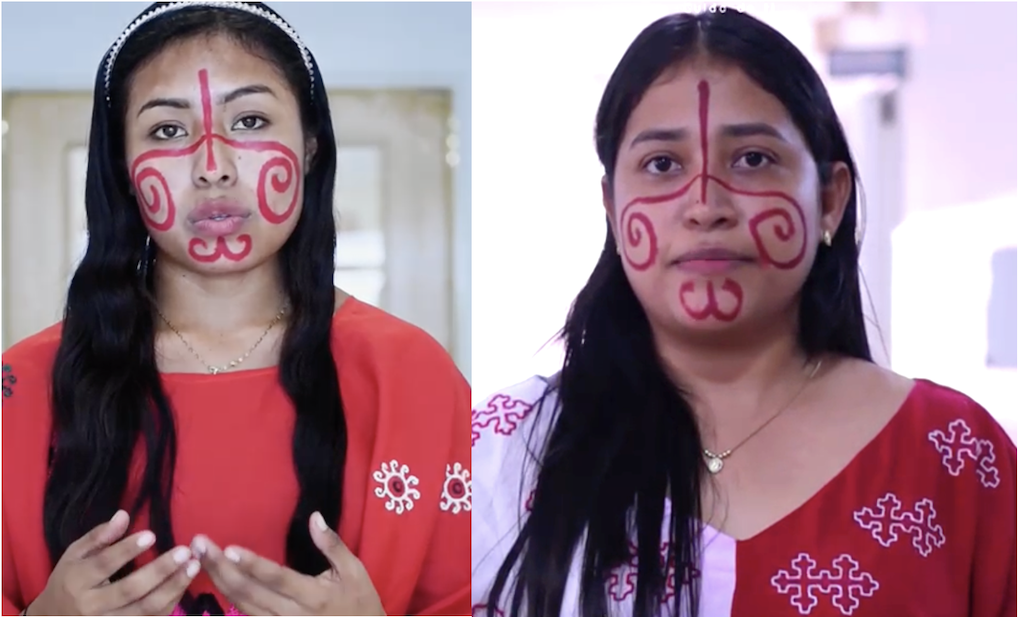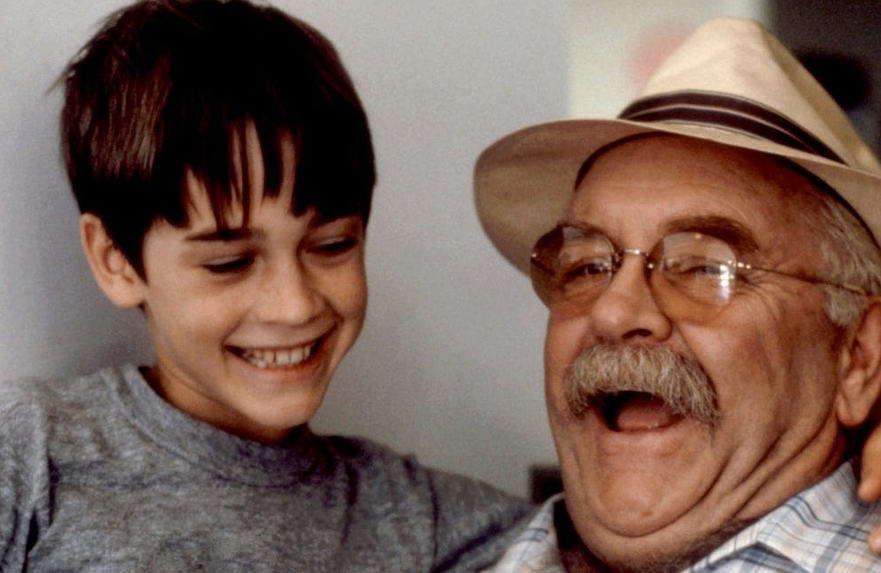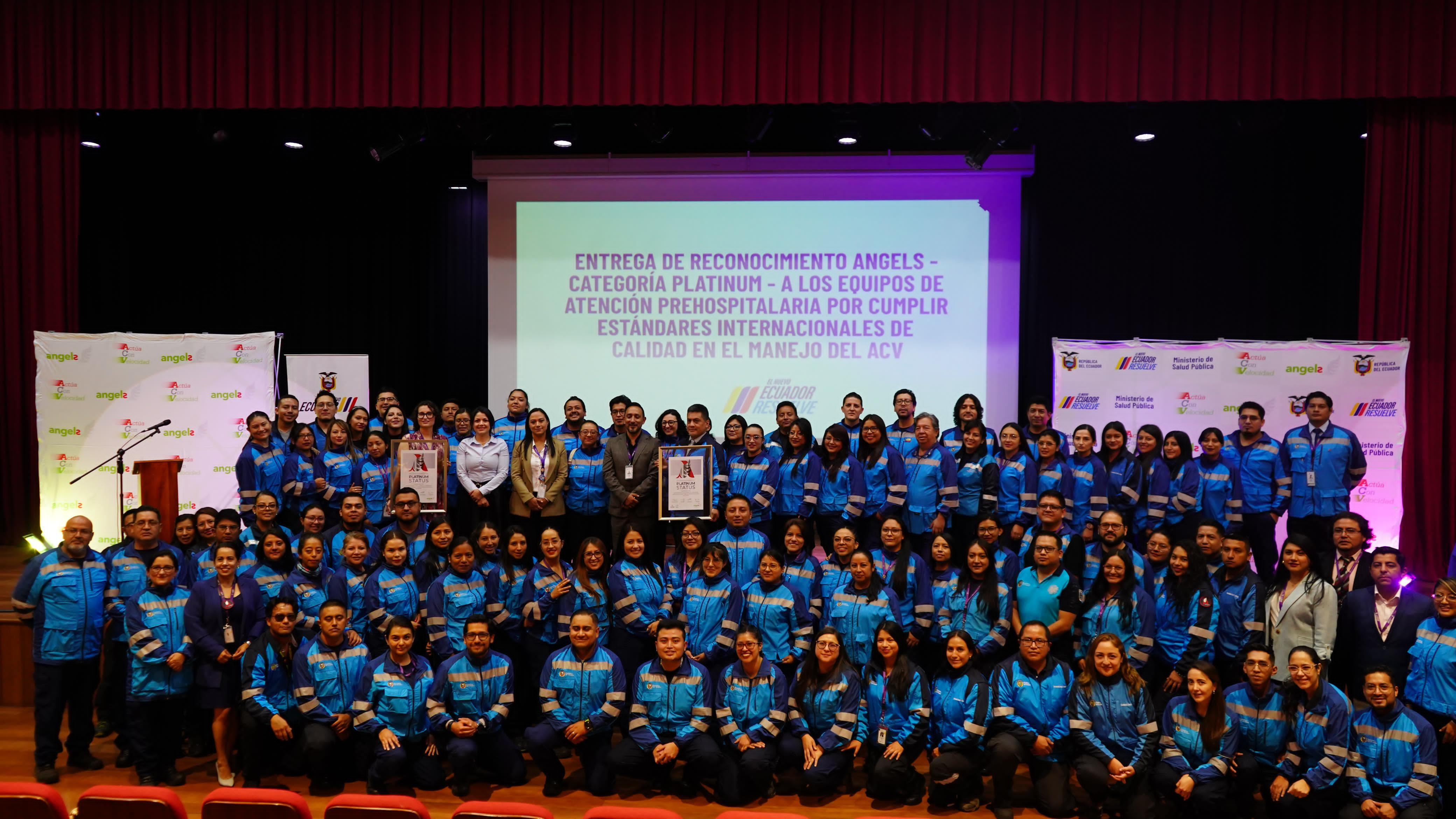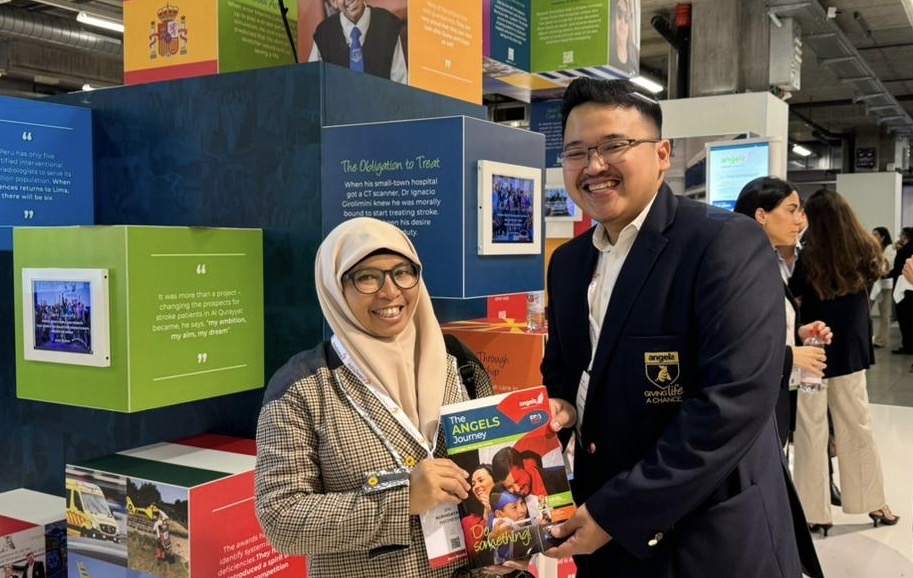
Mối liên hệ giữa ngôn ngữ và đột quỵ được ghi chép đầy đủ. Khoảng một phần ba số đột quỵ dẫn đến mất ngôn ngữ, một rối loạn ngôn ngữ ảnh hưởng đến cách mọi người xử lý ngôn ngữ trong não của họ. Khi mọi người mất khả năng hiểu hoặc sử dụng ngôn ngữ, họ sẽ cảm thấy thất vọng, lú lẫn và cô lập.
Tuy nhiên, câu chuyện này khám phá một mối liên hệ khác giữa ngôn ngữ và đột quỵ. Nó làm sáng tỏ sự khó khăn trong việc truy cập thông tin bệnh tật cho những người nói hơn 4.000 ngôn ngữ bản địa trên thế giới. Trong đó bao gồm 840 ngôn ngữ được nói ở Papua New Guinea, 711 ngôn ngữ của Indonesia và 517 ngôn ngữ được nói ở Nigeria.
Ở Colombia, nơi có câu chuyện này, có 70 ngôn ngữ được các cộng đồng khác nhau sử dụng, 65 trong số đó là ngôn ngữ bản địa. Chuyên gia tư vấn Magda Cueto của Angels cho biết điều này đặt ra một thách thức về giao tiếp cho nhân viên y tế trong các tổ chức chăm sóc sức khỏe.
Đa dạng văn hóa là một giáo viên có giá trị. Nó có thể truyền cảm hứng sáng tạo và dạy chúng ta về những cách sống khác nhau trên thế giới.
Nhóm Công tác Quốc tế về Các Vấn đề Bản địa (International Work Group for Indigenous Affairs, IWGIA) nêu rõ: “Mỗi ngôn ngữ bản địa là một biểu hiện độc đáo về sự đa dạng của chúng ta, nắm giữ một sự hiểu biết duy nhất về thế giới. . . Nếu chúng ta mất đi bất kỳ bách khoa toàn thư kiến thức nào có từ hàng ngàn năm trước, chúng ta sẽ phải chịu một sự mất mát không thể thay thế làm giảm bớt tất cả chúng ta.”
Tuy nhiên, Magda cho biết, giao tiếp hiệu quả trong thực hành y tế là cần thiết để “tạo ra sự đồng cảm, giúp hiểu được trải nghiệm và cảm xúc của bệnh nhân và các thành viên trong gia đình họ” – và sự đa dạng ngôn ngữ, tuy rất quan trọng để xác định bản sắc bản địa, có thể là rào cản đối với việc chăm sóc sức khỏe toàn diện và hiệu quả.
Một thách thức như vậy là phải được tìm thấytại mũi cực bắc của Nam Mỹ,ở bộ phận La Guajira. Trong viên ngọc ẩn náu này của bờ biển Caribê, gần 45 phần trăm dân số được tạo thành từ năm nhóm bản địa có phương thức giao tiếp là ngôn ngữ Wayuu (còn gọi làwayuunaiki).
Wayuunaiki thuộc họ ngôn ngữ Arawakan được phát triển giữa những người bản địa cổ đại ở Nam Mỹ. Một trong những đặc điểm độc đáo của nó là nó có những căng thẳng: quá khứ hiện tại, tương lai gần, tương lai chung, tương lai có ý định, quá khứ hoàn hảo, quá khứ gần, quá khứ hiện tại, quá khứ trước đây, quá khứ xa xôi và quá khứ thường xuyên.
Những nỗ lực của chính phủ Colombia để bảo tồn ngôn ngữ này bao gồm việc dịch một số tiểu thuyết của Gabriel García Márquez (ông bà của ông bà đến từ thủ đô Riohacha của Guajiro) thành wayuunaiki. Ngoài ra còn có một từ điển minh họa Tây Ban Nha-Wayuunaiki được sử dụng trong các trường học và Microsoft đã khởi chạy một từ điển máy tính theo cáchuunaiki, mở ra cánh cửa công nghệ cho người bản địa Wayuu. Ngoài ra còn có một dịch vụ phát thanh và báo chí để giúp cộng đồng nắm bắt các vấn đề liên quan đến văn hóa của họ.
Magda nói rằng các thành viên trẻ hơn của cộng đồng đã chuyển đi học hoặc đi làm, đóng vai trò là phiên dịch viên khi tương tác với dân số nói tiếng Tây Ban Nha. “Điều này khiến việc giao tiếp trở nên khó khăn khi họ không có mặt. Một trong những thách thức đối với cộng đồng y tế là cung cấp dịch vụ chăm sóc cho những bệnh nhân này khi họ tìm kiếm sự giúp đỡ trong các tổ chức chăm sóc sức khỏe bên ngoài cộng đồng của họ. Cũng cần lưu ý rằng phần lớn dân số Wayuu chỉ hiểu wayuunaiki bằng lời nói chứ không phải dưới dạng văn bản.”
Đối mặt với những tình huống này, nhân viên tại hai bệnh viện trong khu vực, Maicao Clinic ở thành phố Maicao và Renacer Clinic ở thành phố Riohacha, đã phát triển nội dung theo cáchuunaiki để dạy cho cộng đồng cách xác định các triệu chứng đột quỵ và phải làm gì nếu họ hoặc ai đó gần gũi với họ biểu hiện bất kỳ triệu chứng nào trong số này.

Nội dung được cấu trúc xung quanh từ viết tắt “CORRE” (có nghĩa là vội vàng). Dịch vụ này như một trợ lý-nhớ nhở cho các triệu chứng đột quỵ và đồng thời củng cố thông điệp trung tâm, đó là tìm kiếm sự chăm sóc y tế khẩn cấp. Đối với chiến dịch này, các video được quay bằng wayuunaiki có nhân viên bệnh viện từ cộng đồng Wayuu, được trang trí bằng sơn mặt theo hình xoắn ốc truyền thống. Những video này được hiển thị trên TV phòng chờ, nền tảng truyền thông xã hội và các phương tiện truyền thông khu vực khác. Mục đích là tiếp cận càng nhiều người càng tốt với thông điệp có thể cứu sống nhiều người.
Magda nói rằng, mặc dù tỷ lệ đột quỵ trong cộng đồng này chưa được biết đến, nhưng dân số có nguy cơ tim mạch cao. “Họ có ít quyền tiếp cận các liệu pháp y tế truyền thống do vị trí địa lý. Truyền thống và thuốc tổ tiên cũng đóng một vai trò; có rất ít sự hấp thu của thuốc phương Tây cổ điển.”
Công việc tư vấn của cô trong khu vực này bắt đầu vào năm 2021. Maicao Clinic hiện là một trung tâm hỗ trợ đột quỵ, trong khi dịch vụ đột quỵ đang được phát triển tại Renacer Clinic.
Magda nói: “Khi sự phát triển của mã đột quỵ tiến triển tại các tổ chức này, nhu cầu giáo dục cộng đồng về đột quỵ ngày càng tăng.”
Nhóm phụ trách chiến dịch lấy cảm hứng từ các sáng kiến giáo dục hiện có để vượt qua các rào cản ngôn ngữ liên quan đến các bệnh lý khác, cô nói.
Magda cho biết chiến dịch này được cộng đồng hoan nghênh và đã khơi dậy sự quan tâm đến nhận thức của công chúng trong cơ sở y tế nhưng đó là một sáng kiến phải được duy trì để tạo ra tác động có ý nghĩa.
Do đó, dự ánGuajiro về giao tiếp và đa văn hóa trong chăm sóc bệnh nhân đột quỵ có thể được dự kiến sẽ tiếp tục trong tương lai gần, tương lai chung và tương lai có chủ ý. đột quỵ




